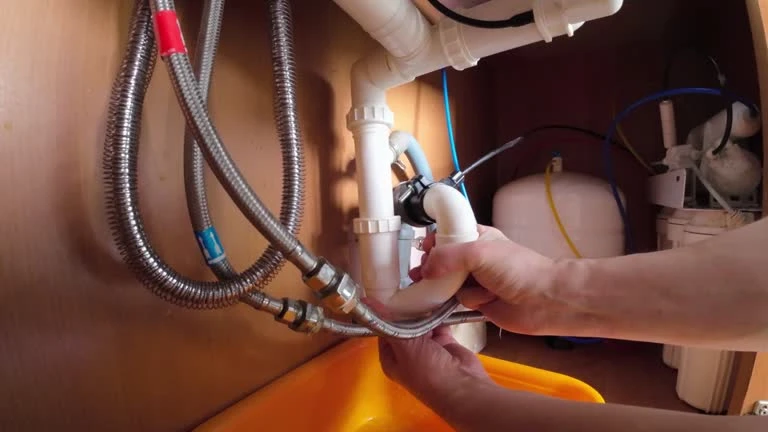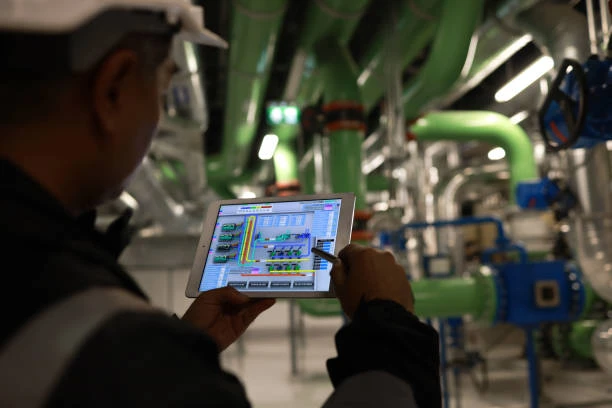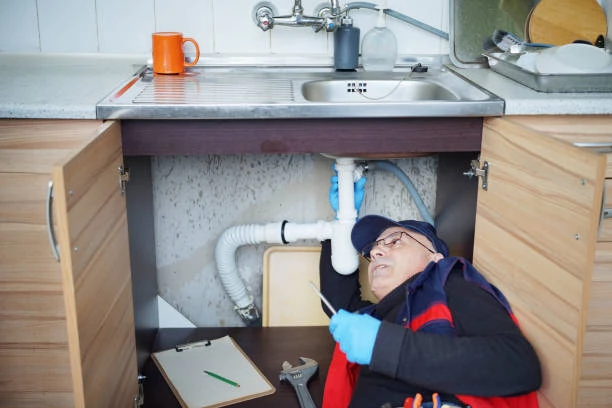Introduction to Ball Valves
Ball valves are essential components in various industries. They control the flow of fluids efficiently. Their design allows for quick opening and closing, making them popular. However, like all mechanical devices, they require maintenance to ensure longevity. Understanding how to maintain ball valves can greatly extend their service life. Material selection also plays a significant role in durability.
Importance of Ball Valve Material
The material of a ball valve significantly impacts its performance and lifespan. Common materials include stainless steel, brass, and PVC. Each material offers unique properties suitable for different applications. For example, stainless steel provides excellent corrosion resistance. On the other hand, PVC is lightweight and cost-effective. Choosing the right ball valve material is crucial for specific environments.
Regular Inspection Practices
Regular inspections are vital for maintaining ball valves. Inspect valves at scheduled intervals to identify wear and damage. Check for leaks around seals and connections. Additionally, examine the ball and seat for signs of erosion or corrosion. Early detection of issues helps prevent costly repairs and downtime. Establishing a routine inspection schedule ensures consistent performance.
Cleaning and Maintenance Procedures
Cleaning ball valves is an essential maintenance practice. Accumulated debris can hinder valve operation. Use a soft cloth and suitable cleaning agents to remove contaminants. For valves exposed to harsh chemicals, consider using specialized cleaners. After cleaning, inspect the valve components for wear. Proper cleaning extends the lifespan of ball valves and maintains efficiency.
Lubrication Techniques
Lubrication plays a crucial role in the maintenance of ball valves. Proper lubrication reduces friction between moving parts. It also prevents seizing and enhances valve operation. Use high-quality lubricants that are compatible with the valve material. Apply lubricant to the stem and other moving parts as needed. Regular lubrication improves performance and extends service life.
Addressing Common Issues
Ball valves may encounter common issues over time. One common problem is leakage, often caused by worn seals. Replacing seals promptly helps maintain system integrity. Another issue is the buildup of deposits, which can affect flow. Regular cleaning and inspection can mitigate these problems. Addressing issues early ensures smooth operation and prolongs valve life.
Environmental Considerations
Environmental factors significantly impact the maintenance of ball valves. Extreme temperatures can affect valve materials and performance. In corrosive environments, select materials that can withstand harsh conditions. Regularly monitor environmental conditions and adjust maintenance practices accordingly. Understanding how the environment affects ball valves helps maintain their service life effectively.
Future Trends in Ball Valve Maintenance
The future of ball valve maintenance looks promising with technological advancements. Smart valves equipped with sensors will monitor performance in real-time. These sensors can provide alerts for maintenance needs, improving efficiency. Additionally, innovations in materials will enhance corrosion resistance and durability. Staying informed about trends ensures that maintenance practices evolve with industry advancements.
In conclusion, maintaining ball valves is essential for extending their service life. Regular inspections, cleaning, and lubrication play critical roles. Choosing the right ball valve material impacts longevity and performance. By addressing common issues and considering environmental factors, users can optimize maintenance practices. As technology advances, the future of ball valve maintenance will continue to improve, ensuring reliable operation across various applications.
IFAN Products international standards
IFAN products strictly adhere to a comprehensive range of international standards, encompassing ISO 15874, EN 15874, ASTM F2389, DIN 8077/8078, GB/T 18742, NBR 15884, ISO 15494, EN ISO 15494, GB/T 19472, NBR 15494, ASTM 2846 (501), DIN 8079/8080 (502), ASTM F441/F441M SCH80 (503), DIN (504), DIN (505), GB/T 18993, AS/NZS 1477, CSA B137.6, NSF/ANSI 14, TIS 17-2532/1131-2535, BS 3505, BS 4346 (801), ASTM D1785 SCH40 (802), ASTM D1785 SCH80 (803), DIN (804), GB (805), GB (806), GB(901), DWV(902), ASTM D2665 (903), along with ASTM D2241, D2665, D2729, and F441/F441M series, ISO 1452, EN ISO 1452, DIN 8061/8062, GB/T 10002, AS/NZS 1477, JIS K6741, CSA B137.3, and other national and industry norms.
Connect
IFAN is a Chinese manufacturer of plastic pipes, fittings and valves with 30 years of experience. If you are interest in IFAN copper fittings, copper valves, plastic pipes and fittings, please contact us. IFAN offers you a variety of standard pipes to meet your specific needs. Click below to learn more about IFAN’s wide range of affordable and cost-effective valve products and piping system related products.
We will reply your email or fax within 24 hours.
You can call us at any time if there is any question on our production.
For more information,pls visit our webside https://waterpipefitting.com/
Pls Mailto: [email protected]
Whatsapp: + 86 19857948982














Recent Comments